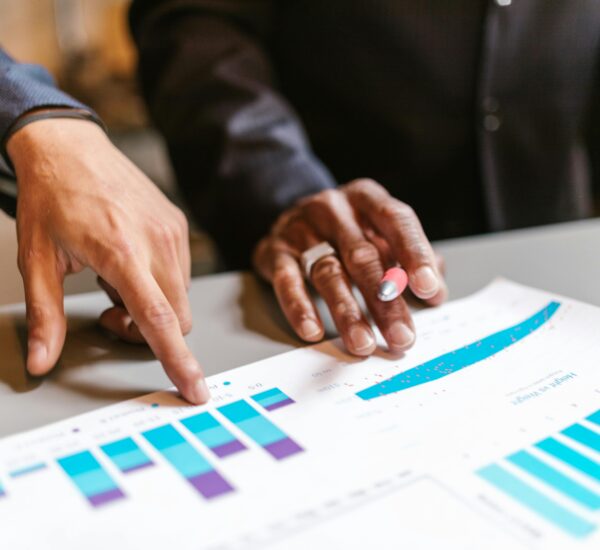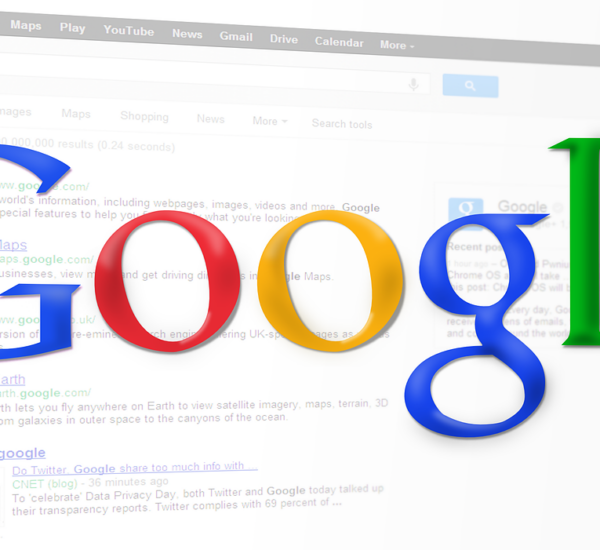For those that may not be aware, Google use what’s known as algorithms to rank the position of websites based on relevance. The algorithms Google use are extremely complex, some even automated, such as the infamous Penguin algorithm. Google Penguin is just a part of Google’s overall algorithm that focuses on web spam specifically, particularly spam from unethical or unnatural linking. Penguin works on an automated basis, making a re-inclusion request pointless. If a site has been penalised by this particular update, rankings won’t return until the automated system determines that the site penalised has removed the element it was penalised for.
Penguin was released over a year ago, right?
First released over a year ago (24th April, 2012) the Penguin algorithm update massively affected a lot of site’s rankings due to linking penalties. Google are naming this update as “Penguin 2.1” as it’s thought that this is a ‘minor’ update to the algorithm as opposed to an entire algorithm rewrite. There are, however, a total of 5 updates to the notorious algorithm with varying numerical values given by Google. Search Engine Land is naming this Penguin5 as this is the fifth update to the algorithm.
Penguin 2.1 was first announced through Twitter on Friday via Google’s head of search spam, Matt Cutts.
Penguin 2.1 launching today. Affects ~1% of searches to a noticeable degree. More info on Penguin: http://t.co/4YSh4sfZQj
— Matt Cutts (@mattcutts) October 4, 2013
The varying Penguin updates have varied in their severity and to what degree they actually changed. Targeting spam, Penguin typically prioritises penalising sites found to be linking unethically. Webmasters that are spamming blogs for links, buying link placements on websites and using article distribution websites for links are among the users suffering the penalties from Penguin.
What problems does this Penguin bring?
The latest update, 2.1 (or 5) is reported to effect around 1% of all search queries. As a numerical value, this may not seem like much, although given the grand scale of the internet, this results in a lot of websites declining in rankings. To put in perspective, in a data refresh, 0.3% of English queries were affected.
This version of Penguin is an improved version of the past release, affecting a series of websites linking ‘unnaturally’. There are no major changes to the algorithm to be noted, Google have just gotten better at noticing these spam techniques and penalising websites due to these.
How do I get out of the Penguin Penalty?
As the Penguin algorithm is automated, it’s impossible to get a manual re-inclusion, you need to correct the errors and hope to see rankings improve when Google next crawls the websites afflicted. It should be relatively simple to see whether or not you have been hit by this update: check your rankings and traffic levels to see if either of them have declined from the usual.
If you have been hit by this penalty, you have some bad links that Google have found. The problem is that Google doesn’t always tell you which of your backlinks are good and bad and Google have been reported to penalise websites following mistaken bad links. This is where it can get complicated. You need to ensure to rid your backlink profile of all undesirable links. Focus on utilising tools to track all your backlinks, most of which should be relatively simple to identify.
Once you have a list of all your bad links, you need to get them resolved. The first action should always be to try and have them manually removed, usually by contacting the webmaster of where the links are hosted. If this fails, you’ll need to use the Google disavow tool to have those specific links discredited from the rankings. There’s a variety of tools available online to track and monitor your backlink profile.
I’ve done all I can, what next?
The next stage is to wait, and see if rankings and traffic increase again. The Penguin algorithm is automated, meaning rankings can only be affected every time the website is crawled by Google. If you still haven’t noticed any improvement, it may be time to contact a professional.
RS Digital are experts with Search Engine Optimisation (SEO), particularly with recovering from Google penalties. A lot of our clients came on board with pre-existing penalties, either through black hat work carried out by another SEO company or by not being fully up to date on the Google updates.
Getting out of a Google penalty can be extremely difficult, and takes time. It’s much harder to get a penalised site ranking, first the penalty needs to be lifted. If you think you may have been penalised, get in touch with our contact form or call 01282 862168 and we can let you know!



